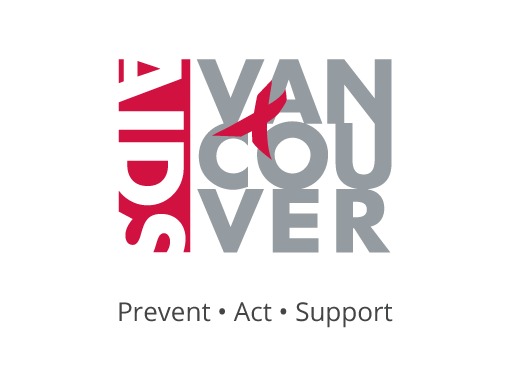Thursday, 31 Mar 2022 from 12-1:30 pm
Virtual
Panel Discussion: Erasures – Cultural Activism and Periodicals
-
Frederick Thomas Edwards
Panelist -
John Kozachenko
Panelist -
Laiwan
ModeratorLAIWAN (b. 1961) is a cultural activist, interdisciplinary artist, writer and educator with a wide-ranging practice based in poetics and philosophy. Born in Zimbabwe of Chinese parents, her family immigrated to Canada in 1977 to leave the war in Rhodesia. In 1983, she graduated from Emily Carr College of Art and Design and founded the Or Gallery. She received an MFA from Simon Fraser University School for Contemporary Arts in 1999. Recipient of numerous awards, including the VIVA Award (2023), ECU Emily Award (2021), BC Arts Council (2021), Canada Council for the Arts (2020) and the Vancouver Queer Media Artist Award (2008), Laiwan serves on national and provincial arts juries and local community committees, recent membership included the Chinatown Legacy Stewardship Group and the City of Vancouver Public Art Committee. She exhibits regularly; curates projects in Canada, the US and Zimbabwe; and publishes in anthologies and journals. Her collection of poetry TENDER: selected poems (2020) is published by Talonbooks. Leading up to her project Distance of Distinct Vision (1992) and since then, Laiwan has been investigating colonialism toward a decoloniality. From 2000, she has engaged embodiment through performativity, audio, music, improvisation, with varieties of media, along with bodily and emotional intelligence, so as to unravel and engage presence. Recent public commissions have enabled her to focus on issues of urban development, touching on poetic and philosophic themes related to current questions of environment and the built cityscape of Vancouver. Based on the unceded territories of the Musqueam, Squamish and Tsleil-Waututh First Nations, Laiwan taught from 2001-22 at the MFA in Interdisciplinary Arts Program at Goddard College (VT/WA, USA) and currently works in the Department of Arts, Reconciliation and Culture at the Vancouver Park Board. www.laiwanette.netRead More
-
Joyce Jenje Makwenda
PanelistJoyce Jenje Makwenda is an award winning producer, journalist, artist and ethnomusicologist. She is also an independent scholar, archivist, historian, researcher, author, and lecturer. She has 37 years of research experience covering areas of early urban culture, music, politics, education, religion, media, fashion, sex and sexuality, as well as cultural issues and women’s histories in Zimbabwe. Jenje Makwenda has written a number of books and novels, and has produced and directed award winning film documentaries.
The Joyce Jenje Makwenda Collection Archives (JJMCA) established in Zimbabwe, is one of the largest private social history collections and archives in Southern Africa. The collection consists of interviews, press clippings, photographs and artifacts on early urban culture, music, politics, education, religion, media, fashion, sex and sexuality (taboo issues) and cultural issues and women’s histories in Zimbabwe and Southern Africa.
Read More
The online panel Erasures: Cultural Activism and Periodicals was presented in partnership with Western Front on the occasion of the Belkin exhibition Laiwan: Traces, Erasures, Resists. In addition to artistic projects, this exhibition highlighted Laiwan’s significant work as a cultural activist since the early 1980s. These activities have included her contribution to queer, feminist, multicultural and visual art print publications, notably Angles (1983-1998) published by the Vancouver Gay Community Centre Society, and Kinesis (1971-2001) published by the Vancouver Status of Women. Neither remains in print. In 1991 Laiwan also helped initiate Zimbabwean Women in Contemporary Culture Trust (ZWICCT) in Harare to celebrate women cultural workers.
Moderated by Laiwan, Erasures: Cultural Activism and Periodicals invited her former collaborators Frederick Thomas Edwards, John Kozachenko and Joyce Jenje Makwenda to reflect on their experience as activists and contributors to these periodicals in the 1980s and 90s. In particular, what was the space of consciousness, commons and collaboration that fostered these publishing activities? What were the economic and cultural circumstances that propelled them into the work that they were doing, and the work that they continue to do today? This conversation looked to the pathways forged by activists who were drawn to the periodical as a space of consciousness, and who have fought against the erasure of experience from dominant discourse.
Watch a recording of the panel below:
For a transcript, please contact us.
Biographies
Frederick Thomas Edwards is based in Winnipeg, and is a Two-Spirit Indigenous activist who has collaborated with Laiwan on projects both at and outside of Angles.
John Kozachenko was the in-house photographer and lab technician for Angles newspaper from 1988 to 1998, and is a founding member of the People With AIDS Society (PWA), the AIDS Coalition to Unleash Power (ACT UP) Vancouver, and the Federal Green Party of Canada.
Joyce Jenje Makwenda is based in Harare and is an archivist, historian, ethnomusicologist, writer and current director of ZWICCT. Makwenda has been working since the 1980s on the documentation and dissemination of women’s histories and work in Zimbabwe.
image (above):Selection of publications by and about the Zimbabwean Women in Contemporary Culture Trust (ZWICCT) 1992-96. Courtesy of Laiwan. Photo: Rachel Topham Photography.
-
Frederick Thomas Edwards
Panelist -
John Kozachenko
Panelist -
Laiwan
ModeratorLAIWAN (b. 1961) is a cultural activist, interdisciplinary artist, writer and educator with a wide-ranging practice based in poetics and philosophy. Born in Zimbabwe of Chinese parents, her family immigrated to Canada in 1977 to leave the war in Rhodesia. In 1983, she graduated from Emily Carr College of Art and Design and founded the Or Gallery. She received an MFA from Simon Fraser University School for Contemporary Arts in 1999. Recipient of numerous awards, including the VIVA Award (2023), ECU Emily Award (2021), BC Arts Council (2021), Canada Council for the Arts (2020) and the Vancouver Queer Media Artist Award (2008), Laiwan serves on national and provincial arts juries and local community committees, recent membership included the Chinatown Legacy Stewardship Group and the City of Vancouver Public Art Committee. She exhibits regularly; curates projects in Canada, the US and Zimbabwe; and publishes in anthologies and journals. Her collection of poetry TENDER: selected poems (2020) is published by Talonbooks. Leading up to her project Distance of Distinct Vision (1992) and since then, Laiwan has been investigating colonialism toward a decoloniality. From 2000, she has engaged embodiment through performativity, audio, music, improvisation, with varieties of media, along with bodily and emotional intelligence, so as to unravel and engage presence. Recent public commissions have enabled her to focus on issues of urban development, touching on poetic and philosophic themes related to current questions of environment and the built cityscape of Vancouver. Based on the unceded territories of the Musqueam, Squamish and Tsleil-Waututh First Nations, Laiwan taught from 2001-22 at the MFA in Interdisciplinary Arts Program at Goddard College (VT/WA, USA) and currently works in the Department of Arts, Reconciliation and Culture at the Vancouver Park Board. www.laiwanette.netRead More
-
Joyce Jenje Makwenda
PanelistJoyce Jenje Makwenda is an award winning producer, journalist, artist and ethnomusicologist. She is also an independent scholar, archivist, historian, researcher, author, and lecturer. She has 37 years of research experience covering areas of early urban culture, music, politics, education, religion, media, fashion, sex and sexuality, as well as cultural issues and women’s histories in Zimbabwe. Jenje Makwenda has written a number of books and novels, and has produced and directed award winning film documentaries.
The Joyce Jenje Makwenda Collection Archives (JJMCA) established in Zimbabwe, is one of the largest private social history collections and archives in Southern Africa. The collection consists of interviews, press clippings, photographs and artifacts on early urban culture, music, politics, education, religion, media, fashion, sex and sexuality (taboo issues) and cultural issues and women’s histories in Zimbabwe and Southern Africa.
Read More
Partners
Related
-
Tour
SATURDAY 15 JAN 2022, 2-3:30 PM
Artist and Curator Tour: Laiwan and Amy Kazymerchyk
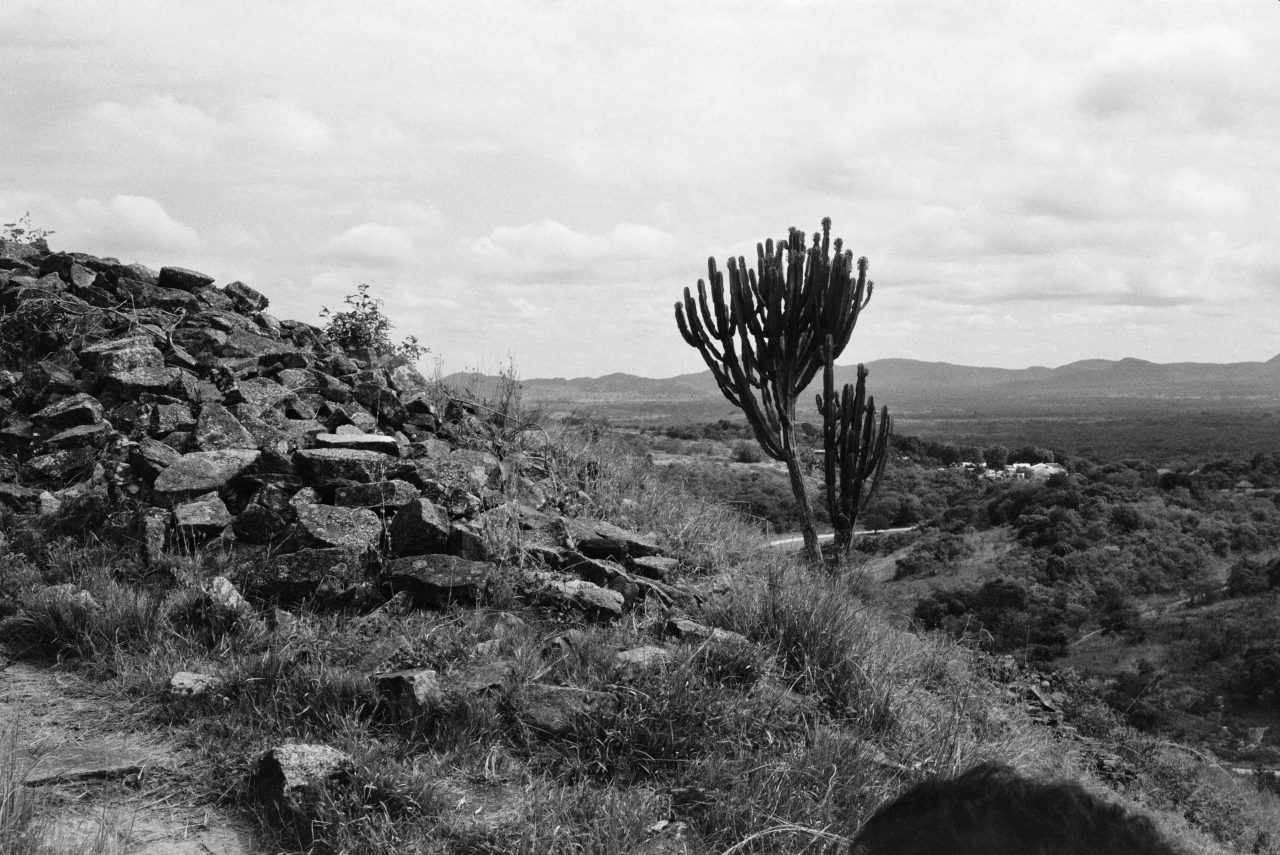
On January 17, Laiwan and curator Amy Kazymerchyk walked through the Belkin discussing their exhibition Laiwan: Traces, Erasures, Resists. The two touched on the latent traces, erasures and resists in the artistic and curatorial processes behind the exhibition. While the tour was to take place in front of a live audience, COVID-19 restrictions required that the conversation take place behind closed doors.
[more] -
Exhibition
7 Jan – 10 Apr 2022
Laiwan: Traces, Erasures, Resists
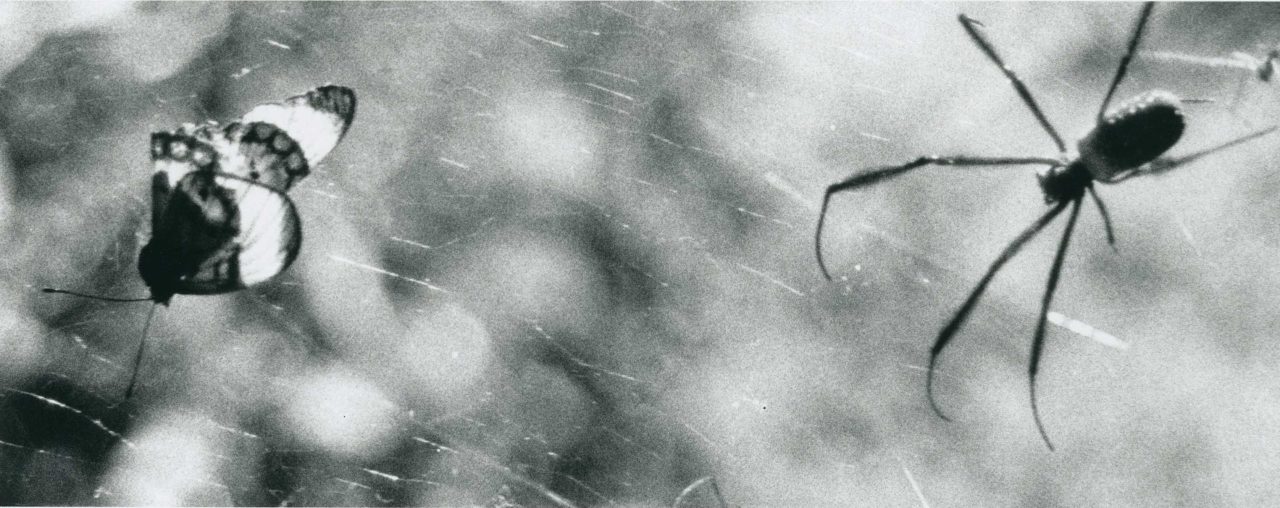
Laiwan: Traces, Erasures, Resists highlights the artist's attention to the material and symbolic vocabularies of print and lens-based media between 1980 and 2000 and features her early interventions into the logic of the book form and the ideology of historical and encyclopedic genres. Guest curated by Amy Kazymerchyk, the exhibition title references processes related to printmaking, while also speaking to the absent narratives, redacted perspectives and critical refusals that are latent in official publications.
[more] -
Tour
Tours: Laiwan: Traces, Erasures, Resists
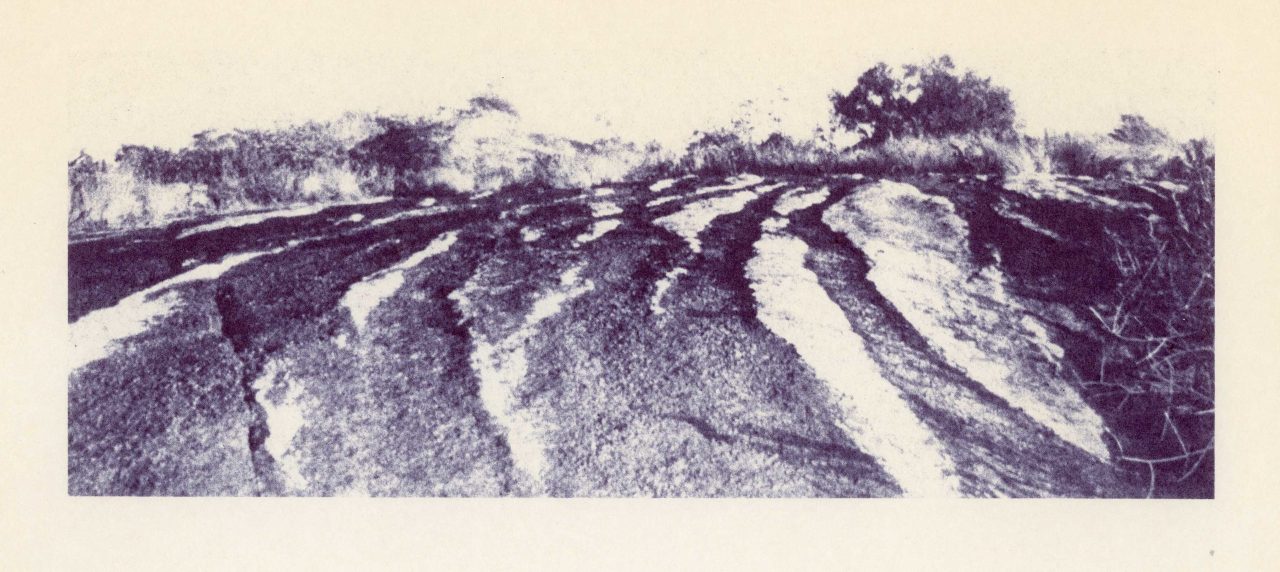
Tours and discussions of Laiwan: Traces, Erasures, Resists can be arranged according to current COVID-19 safety protocols from Tuesday to Friday for groups and classes, lasting 50 minutes and longer. For more information, please contact Belkin Public Programs by email at belkin.tours@ubc.ca or by phone at (604) 822-5600.
[more] -
Event
SATURDAY 19 March 2022 from 2-4 pm
Reception and Launch: Laiwan and TCR

Please join us for a reception to celebrate Laiwan’s exhibition Traces, Erasures, Resists, guest curated by Amy Kazymerchyk, which opened quietly in January without fanfare due to BC’s provincial health orders in response to COVID-19. This afternoon event is also a moment to launch The Capilano Review’s 50th anniversary series that features Laiwan’s AGILE (2021), a work commissioned by TCR for this first of three commemorative glossaries.
[more] -
Event
Outside the Belkin: Laiwan
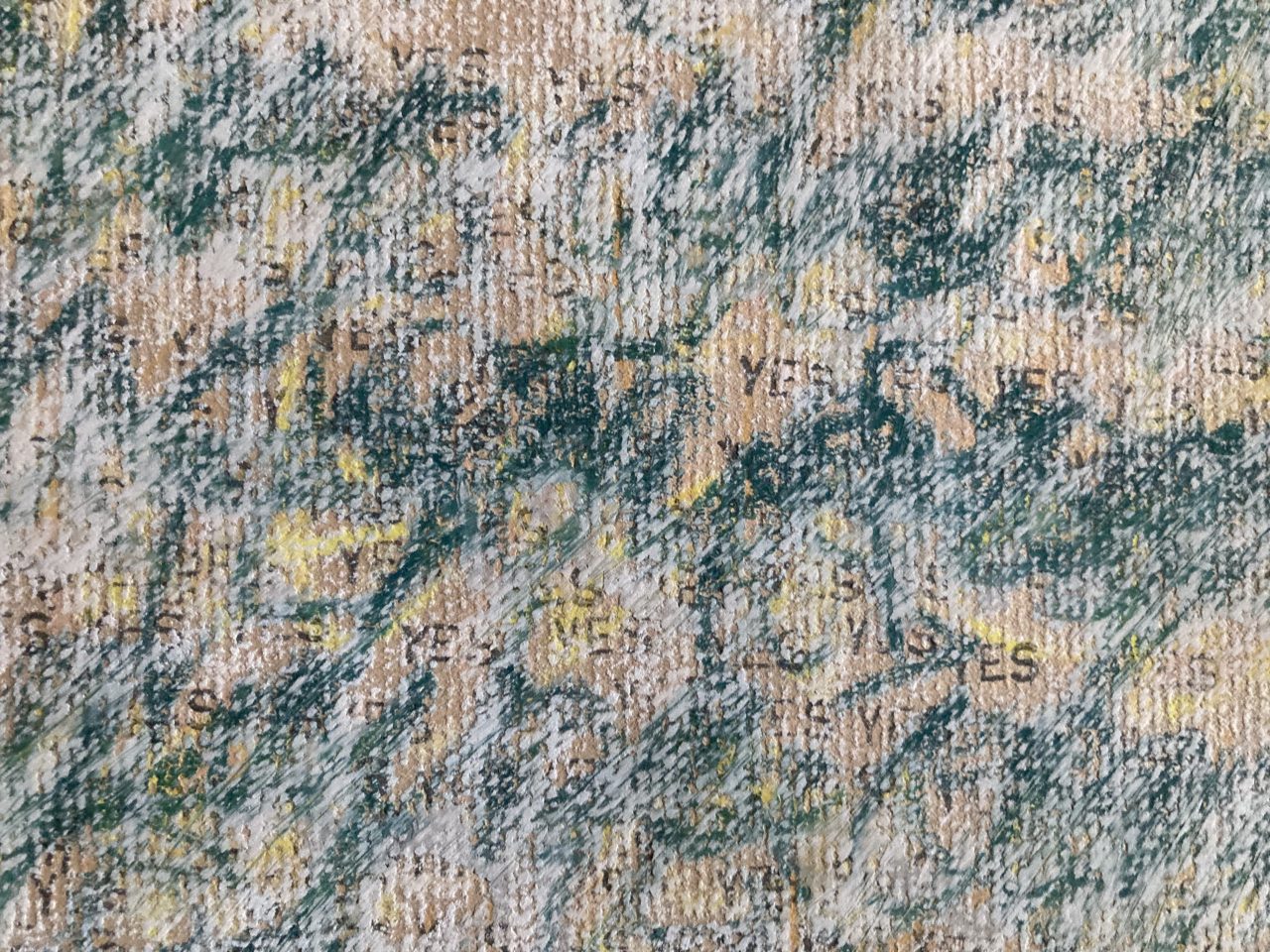
Over the course of her career, Laiwan has nurtured extended connections to many arts and community organizations across the city through her engagement with artist-run centres and her participation with queer, feminist, multicultural and visual art print publications. As a way of honouring and highlighting these relationships, the Belkin is cross-promoting events that Laiwan is engaged in across the city and more widely. This list is growing and changing; check often for updates.
[more] -
Event
3 Nov 2018 from 1-2:30 pm
Independent Archives Week 2018. Artists Respond: Laiwan, Elizabeth MacKenzie and Cindy Mochizuki
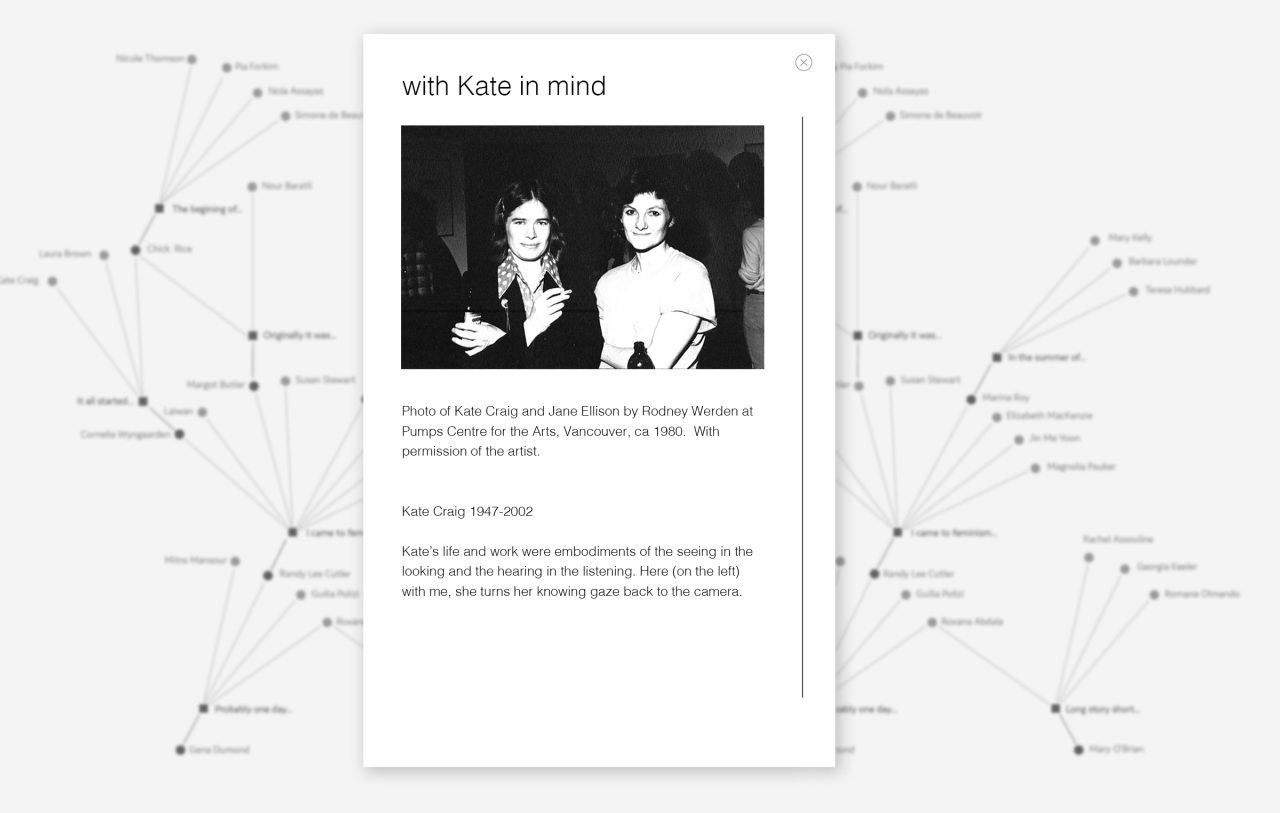
How do we respond to archives both public and private? In this come-and-go event, artists Laiwan, Elizabeth MacKenzie and Cindy Mochizuki respond to artist Christine D'Onofrio's online project, Intuition Commons and the Belkin Gallery's Archive. The activities are open for viewing, listening and conversations throughout the event. Light refreshments will be served.
[more] -
Exhibition
7 JAN – 10 APR 2022
Outdoor Screen: Laiwan
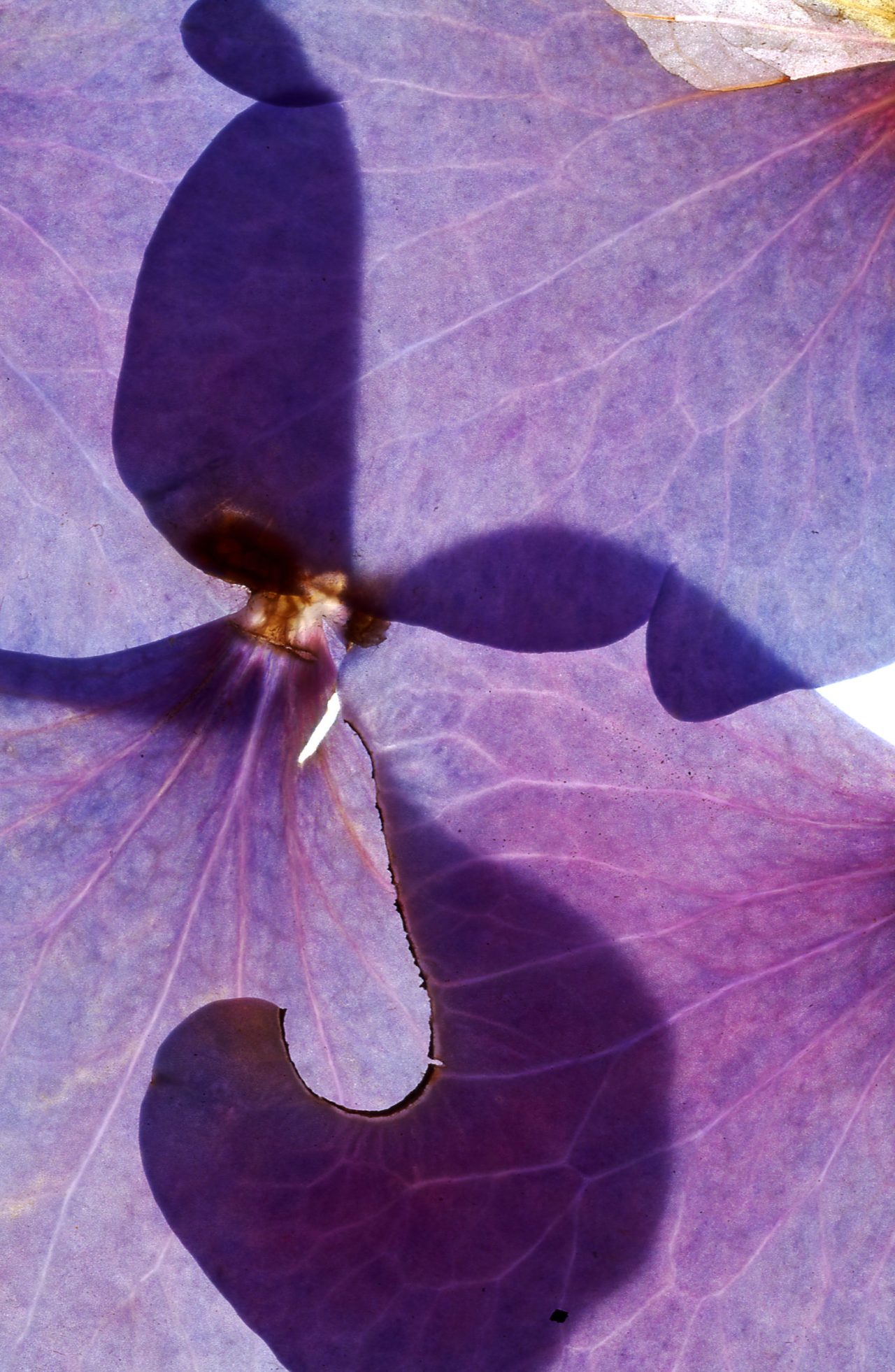
From January to April, the Belkin's Outdoor Screen sets a number of works in relation to one another, drawing associations between the exhibition Laiwan: Traces, Erasures, Resists in the gallery, the longterm artist's residency in the Outdoor Art program and the affinities to be found with research partners on campus.
[more] -
Exhibition
7 JAN – 10 APR 2022
Reading Room: Laiwan
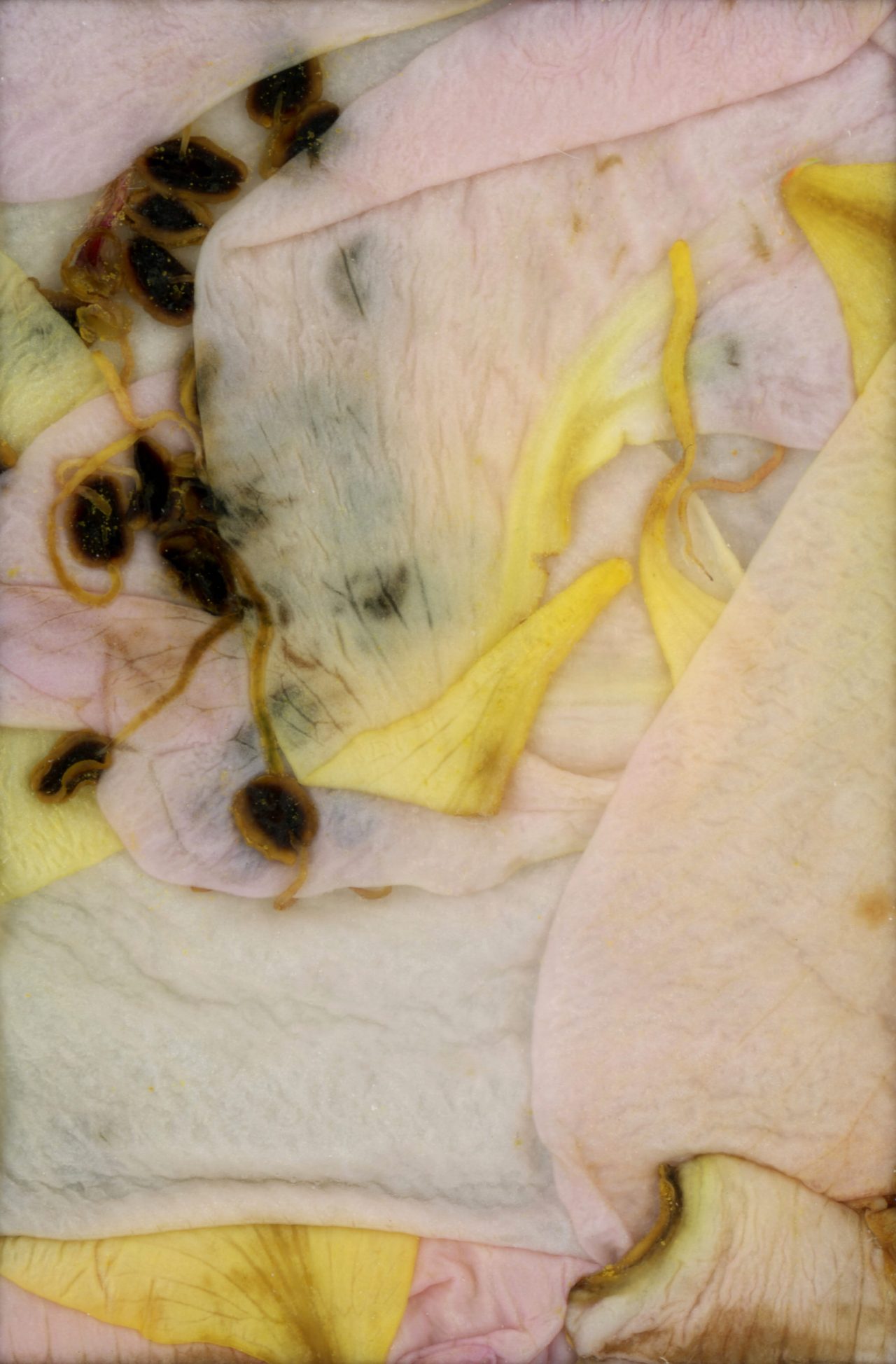
Laiwan: Traces, Erasures, Resists highlights the artist’s attention to the material and symbolic vocabularies of print and lens-based media between 1980 and 2000, and features her early interventions into the logic of the book form and the ideology of historical and encyclopedic genres. Since the early 1980s, Laiwan has made a meaningful contribution to Vancouver’s cultural ecology through her participation with numerous queer, feminist, multicultural and visual art print publications. In addition to the audio-visual works, Traces, Erasures, Resists presents Laiwan’s archive of public writing and community interventions. In addition to showing these writings and works in the gallery, the Belkin includes here a selection of the artist's writings for the duration of the exhibition.
[more] -
News
18 Jan 2022
Laiwan: Resources for Research

The following are resources related to the artists in Laiwan: Traces, Erasures, Resists. This list is not exhaustive, but rather comprised of suggested readings compiled by researchers at the Belkin. These readings are intended to provide additional context for the exhibition and act as springboards for further research or questions stemming from the exhibition, artist and works involved. Following the introduction, resources are arranged along the themes of traces, erases and resists as explored through and adjacently to Laiwan’s work. This compilation is an evolving and growing list, so check back in the future for more additions.
[more] -
News
03 Mar 2021
Works from the Collection: Laiwan
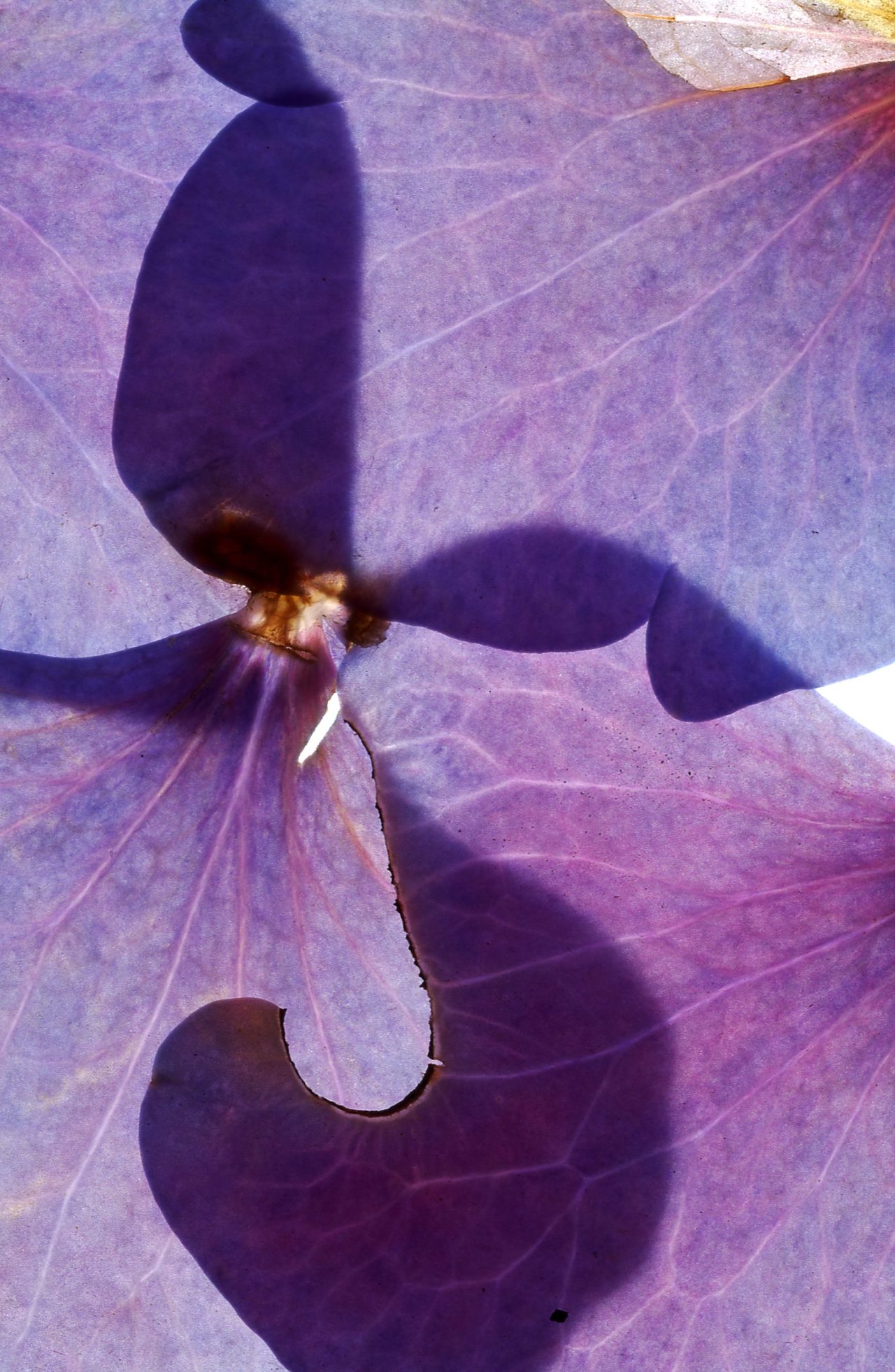
Laiwan writes, "Begun in 1987 investigating the questions, What is an image? What is a photograph?, she who had scanned the flower of the world... is an ongoing project where I collect flowers from the city I am showing in, placing the petals into slide mounts."
[more] -
News
06 Jan 2022
Works from the Collection: Laiwan’s African Notes
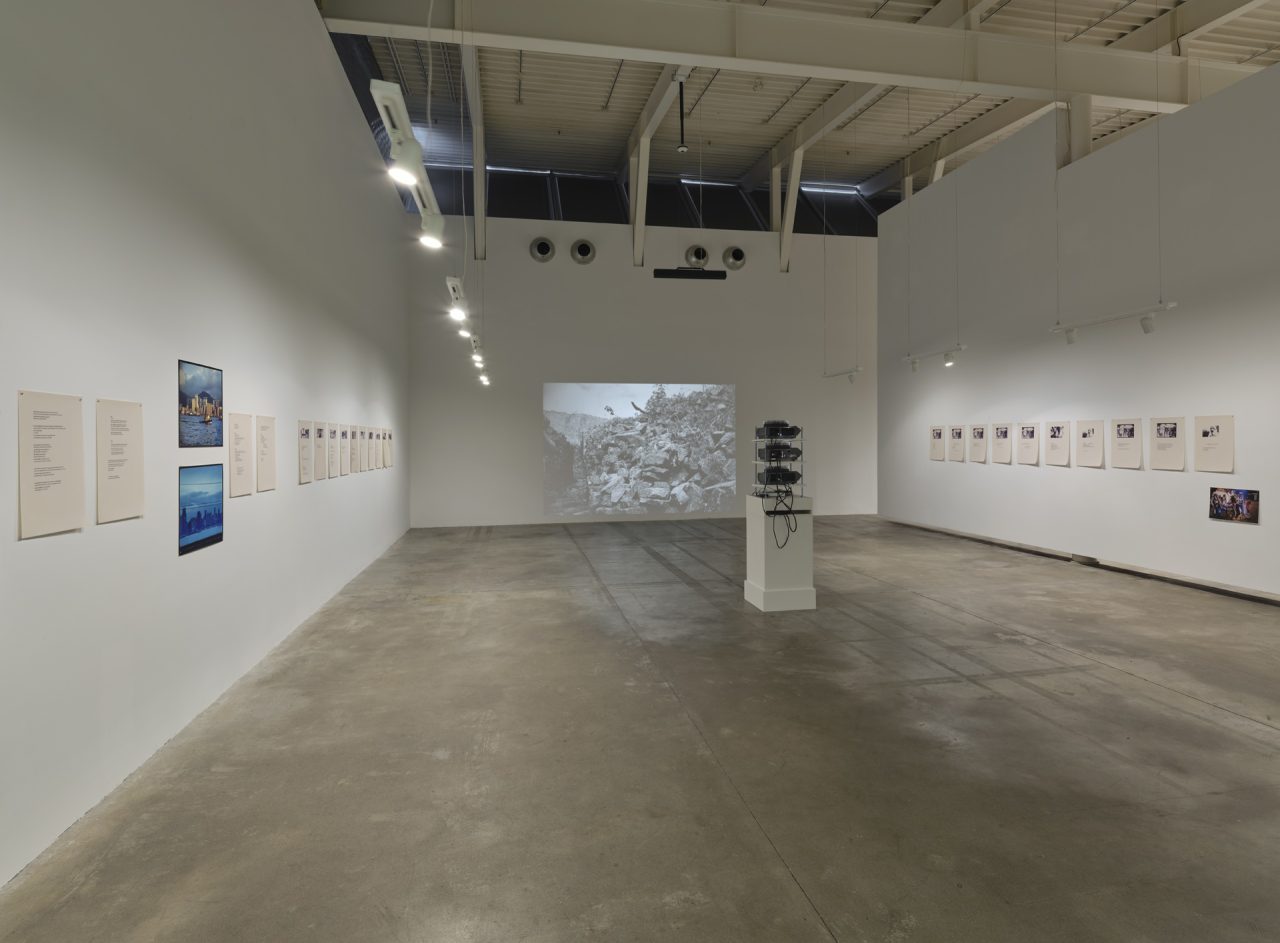
African Notes Parts 1 and 2 are composed of photographs that Laiwan took on a trip home to her birthplace of Zimbabwe in 1982, two years after the country’s independence.
[more] -
Event
Wednesday 6 Apr 2022, 2 pm
Concert at the Belkin: Laiwan: Traces, Erasures, Resists
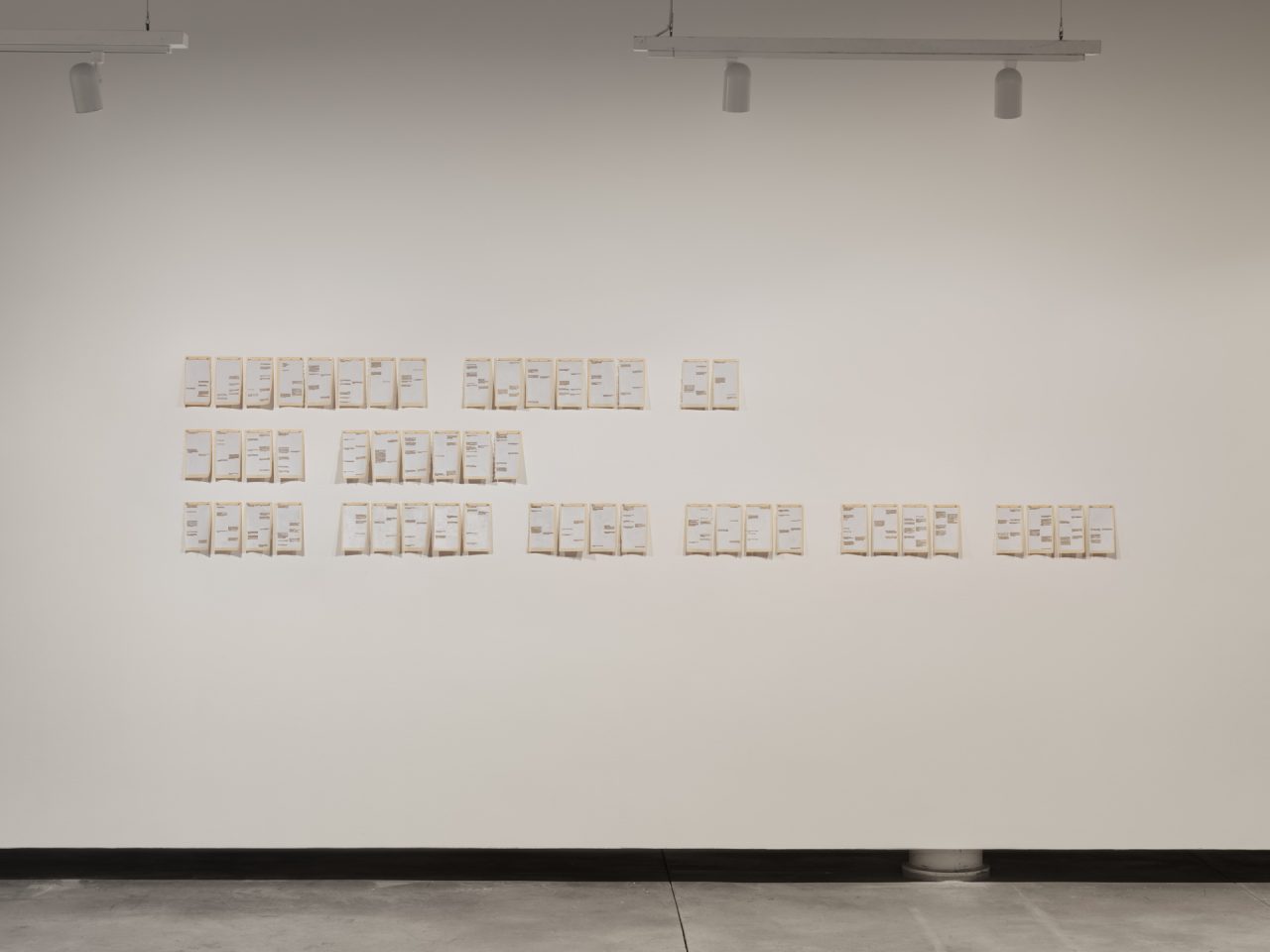
Join us for a concert by the UBC Contemporary Players directed by Paolo Bortolussi in a program that celebrates the Belkin’s current exhibition, Laiwan: Traces, Erasures, Resists.
[more]

